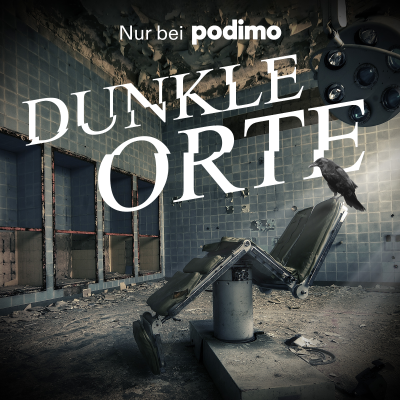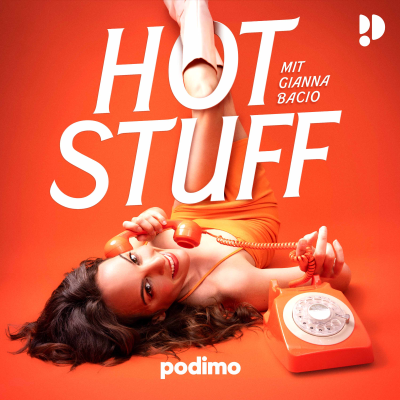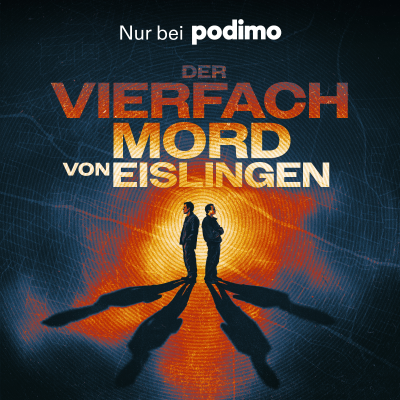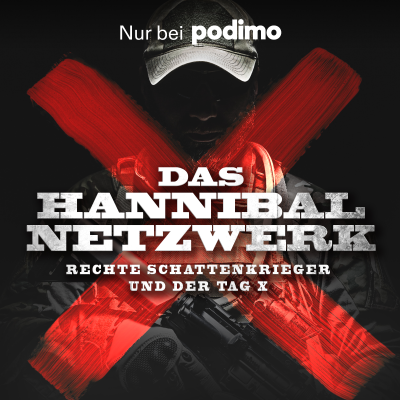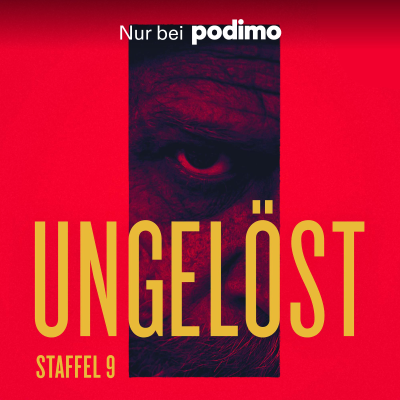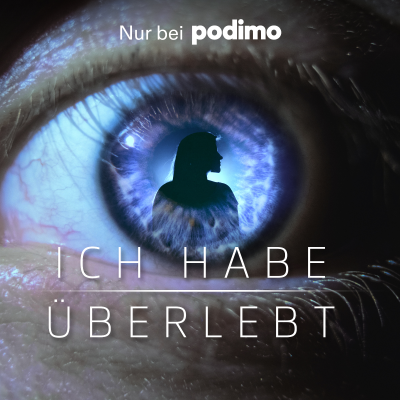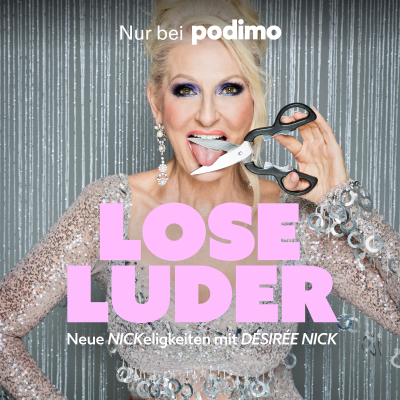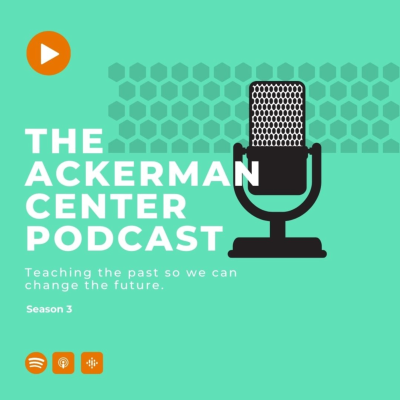
The Ackerman Center Podcast
Englisch
Kostenlos bei Podimo
Kostenlos hören bei Podimo
Starte jetzt und verbinde dich mit deinen Lieblingspodcaster*innen
- Vertraut von über 1 Mio. deutschen Hörer*innen
- Über 1.000 lokale Podcasts und Shows – nur bei Podimo
- Keine Zahlung nötig
Mehr The Ackerman Center Podcast
The Ackerman Center Podcast provides a space for thoughtful and in-depth conversation about the Holocaust, genocide, and human rights studies. Launched in 2020, this podcast works to extend the conversation beyond academic audiences—providing an educational, engaging, and transformative experience. Through confronting the past, we work to promote solutions for global justice and peace in our world. Listen to all of the seasons of the Ackerman Center Podcast on Spotify, Google Podcasts, and RadioPublic.
Alle Folgen
84 FolgenEp. 82 From Nuremberg to Buenos Aires: Justice, Memory, and Accountability – In Conversation with Almudena Bernabéu
In this episode, we have the great pleasure of speaking with the distinguished international lawyer and human rights advocate Almudena Bernabeu, whose work has been fundamental in rethinking justice beyond national borders and in advancing key accountability processes for crimes against humanity, genocide, and war crimes in multiple contexts. From the establishment of transnational justice mechanisms to the contemporary challenges faced by victims in processes of truth, reparation, and memory, her professional trajectory sheds light on some of the most pressing questions about how societies confront mass violence and impunity. This episode is recorded in the context of the commemoration of two pivotal milestones: the 80th anniversary of the Nuremberg Trials and the 40th anniversary of the Trial of the Argentine Military Juntas. Both processes marked not only legal precedents but also raised profound ethical questions about responsibility, truth, memory, and justice that continue to resonate powerfully today. We invite you to join us in this conversation to reflect on how international justice processes remain relevant in contemporary contexts. We seek to explore what it truly means to pursue justice, who builds it, and what legacy it leaves for future generations working toward more just and tolerant societies.
Ep. 81 Feminism, Documentary, and Resistance: A Conversation with Scholar-Filmmaker Lorena Cervera
In this episode, Dr. Shilyh Warren, Associate Dean of Graduate Studies and affiliate faculty of the Ackerman Center, and Dr. Paula Cuellar Cuellar, Assistant Professor of History and Fellow of the Jacqueline and Michael Wald Professorship at the Bass School, host UK-based filmmaker and researcher Lorena Cervera, whose documentary work has opened essential paths to understanding gender inequalities, the precarization of education, and the transformative power of art in Latin America. Her first book, A Feminist Counter-History of Latin American Documentary, is just out with Routledge Press. This episode was recorded just a few days before November 25, the International Day for the Elimination of Violence against Women. Lorena’s work deeply resonates with this day. Her documentaries portray the bodies and lives of women who have not only been victims of structural violence but have also resisted, created, organized, and built memory. The episode explores Lorena’s work and discusses the ways documentary cinema can contribute to transforming lives and imagining more just futures.
Ep. 80 Playing Verdi at Terezín: A Conversation with Maestro Murry Sidlin
In this episode, Dr. Mehak Burza sits down with Maestro Murry Sidlin, the internationally acclaimed conductor, educator, and creator of Defiant Requiem: Verdi at Terezín. As Founder and Artistic Director of The Defiant Requiem Foundation, Mr. Sidlin has spent decades illuminating one of the most extraordinary cultural stories to emerge from the Holocaust—the powerful act of spiritual and artistic resistance carried out by prisoners in the Terezín concentration camp. In this conversation, Mr. Sidlin reflects on what first drew him to this work, the moral and emotional weight of interpreting music born of suffering, and the ways in which the arts help us carry memory into the future. He also shares deeply personal insights: how this work has changed him, what he wishes he could ask Terezín conductor Rafael Schächter, and why stories like this matter now more than ever. For young artists, scholars, and anyone who believes in the transformative power of the arts, this episode offers a rare window into the intersection of music, humanity, and moral courage.
Ep. 79 Behind the Pages of "The Pessimist's Son": Martin Kimel in Conversation with Dr. David Patterson
In this episode, Martin Kimel talks about his book, "The Pessimist’s Son: A Holocaust Memoir of Hope" published in May 2025. He is hosted by Dr. David Patterson, who holds the Hillel A. Feinberg Distinguished Chair of Holocaust Studies at the Ackerman Center for Holocaust Studies. Their conversation moves through the heart of the story—its themes of family, identity, and the emotional legacy it carries. Martin reflects on what inspired his work, the writing process behind it and also shares how the project evolved over time and what he hopes readers carry with them once they’ve turned the final page.
Ep. 78 A Conversation with Ana Lorena Delgadillo
In this inaugural episode of the first Spanish-language podcast at UTD, Dr. Shilyh Warren, Associate Dean of Graduate Studies and affiliate faculty of the Ackerman Center, and Dr. Paula Cuellar Cuellar, Assistant Professor of History and Fellow of the Jacqueline and Michael Wald Professorship at the Bass School, sit down with Ms. Ana Lorena Delgadillo, J.D., a leading international human rights lawyer recognized worldwide for her work on truth, justice and reparations. In the podcast, Ms. Delgadillo reflects on her path as a human rights advocate for migrant rights, and victims of forced disappearances, and femicide. Additionally, Ms. Delgadillo shares insights on her work as the current Latin American member of the United Nations Working Group on Enforced or Involuntary Disappearances.




